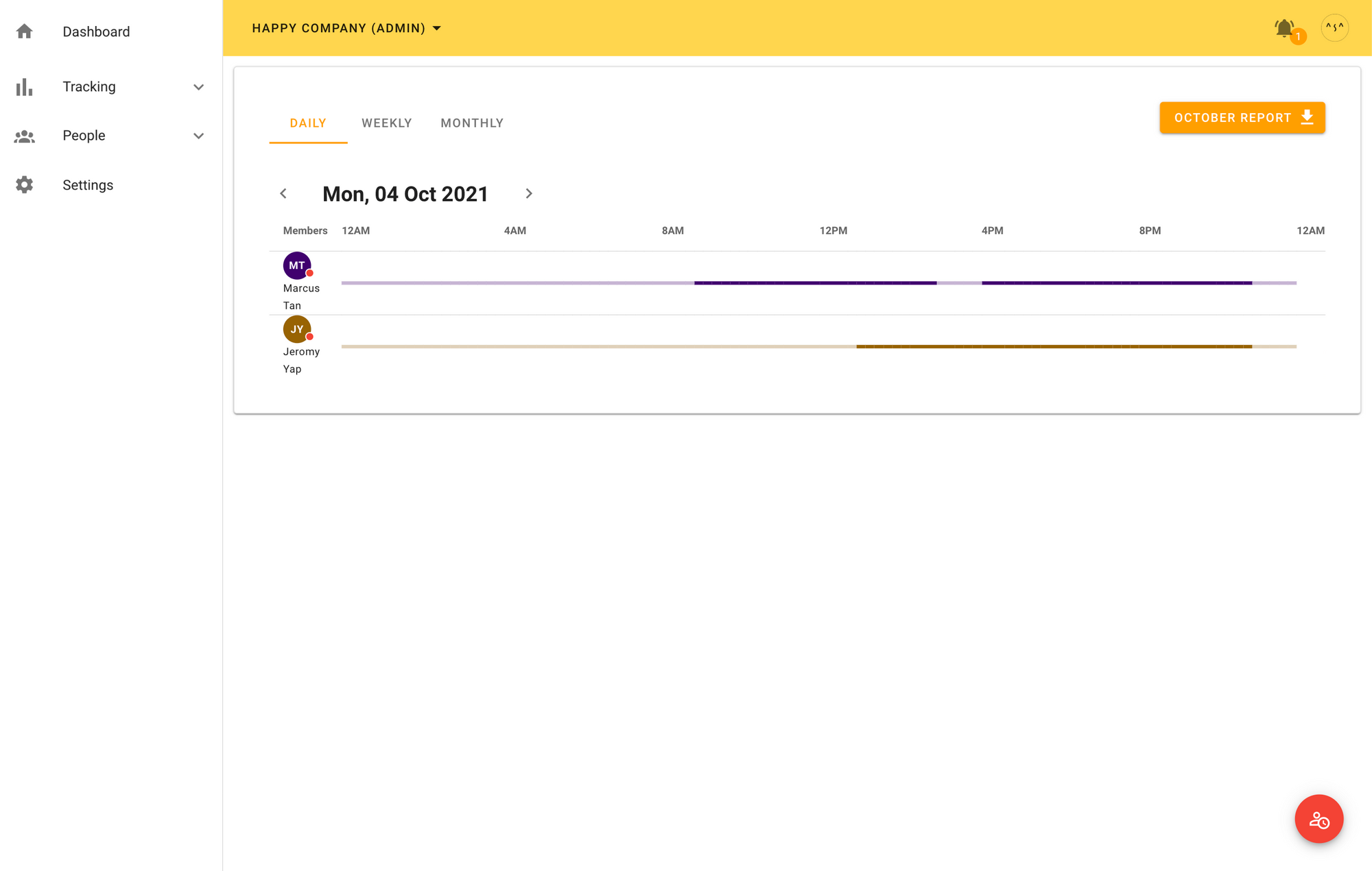How to deal with an employee who is always late

Being late to work is acceptable if it’s not a regular occurrence. Everyone has emergencies once in a while. However, an employee who is always late is something that’s not wanted by any employer. An issue with punctuality often has an impact on work performance and reflects a lack of professionalism. It can be difficult to approach this matter. Hence, in this article, we will teach you how to handle such an issue.
Deal with the problem ASAP

For employees to know this behaviour isn’t acceptable, you must bring up the issue instead of avoiding talking about it. This is so that employees will know what you expect of them and break this habit. You should not wait until the problem worsens which can drastically affect the mood of other employees and the workplace as a whole. Addressing the issue immediately will also help you to talk about the issue calmly and not overreact in anger.
Keep records of tardiness

When you begin to notice that an employee is starting to be late habitually, you may have to address this issue with them and hence, you should keep records of their late coming. This can be done via time clock applications which help track when employees clock in and out for work. By ensuring you have the necessary evidence of them not arriving to work punctually, it helps prevent any form of dispute from the employee and to ensure that you are being factual and not giving your own opinion. The records can also serve as material for recognising patterns in the late coming which can help correct the problem.
Tell them your expectations

You should let your employee know what needs to be changed as well as what they should be doing in the future. When speaking to them, remember to stay calm and not make it personal. Instead, clearly state what changes you want to see and refer to the company’s stand on punctuality.
Refer to the company’s policy on lateness

When talking about the issue of tardiness, you should refer to the company’s rule book (if any) that details lateness. By informing the employee about the required time of arrival for work as well as the number of chances given (if any) before late coming becomes a punishable act of misconduct. You should also inform them of other relevant details such as how employees working hours are tracked, the standard operating procedure they should adopt if they are late, as well as the ways they can make up for the hours they have missed.
Allow for privacy

You need to know that even if an employee is consistently late for work, they may have good reasons for it. Instead of confronting them in front of other employees, arrange a private, one-to-one meeting with them so they do not feel embarrassed. When talking to them, remember to take a compassionate and concerned tone. Even then, know that they may not be willing to divulge their reasons for being late and that’s ok — respect their privacy. In the case that the employee shares sensitive information as the reason for being late (e.g. health/family issues), you may want to consider making an exception and allowing for a later starting time.
Clearly state the consequences

Once you and the employee have talked about the issue of tardiness, it’s important to give them the information about the disciplinary action (e.g. docking of pay, decreasing a bonus, etc.) that will occur if the habit of late coming continues. To help, there are certain time clock applications that give warnings to employees if they are repeatedly late. If the tardiness has a big impact such as tarnishing a client relationship, more serious action may have to be taken. It would be good to refer to the company’s policy if needed. After the verbal discussion, you should note this down in written form (possibly in an email) and share it with the staff member. In the document, you should include details that you have discussed as well as the potential actions that will be taken if the behaviour continues.
Do some goal-setting

After you’ve talked about the issue of late coming, expectations and consequences included, give your employee the chance to set some goals. These goals should be specific, measurable, attainable, relevant and time-based self-improvement goals. You can take a look at the goals and give suggestions or feedback on how they can meet them. This will help them achieve and possibly, exceed their expectations.
Regularly check up on them

Checking in on an employee regularly can help encourage an employee by making them feel supported. This way, they are more motivated to arrive punctually to work. Helping to keep them accountable also helps to show your employees that you care about them and their improvement and are not doing it for the sake of company policy. This again may help them to avoid the bad habit of lateness.
Reward them for improvements

The moment you notice improvement of any sort, you should reward the employee by praising them, regardless of how minor the improvement may be (e.g. even if they are still late but LESS late). This helps to reinforce positive behaviour. Instead of penalising them, you can help them pinpoint areas for further improvement and note the necessary steps to be taken. Again, remember to do this in private to not embarrass the employee as they may not want others to know about their past late coming. You may also want to note down all the steps (those that have been taken and potential ones to be taken), as well as the changes seen after the incident.
